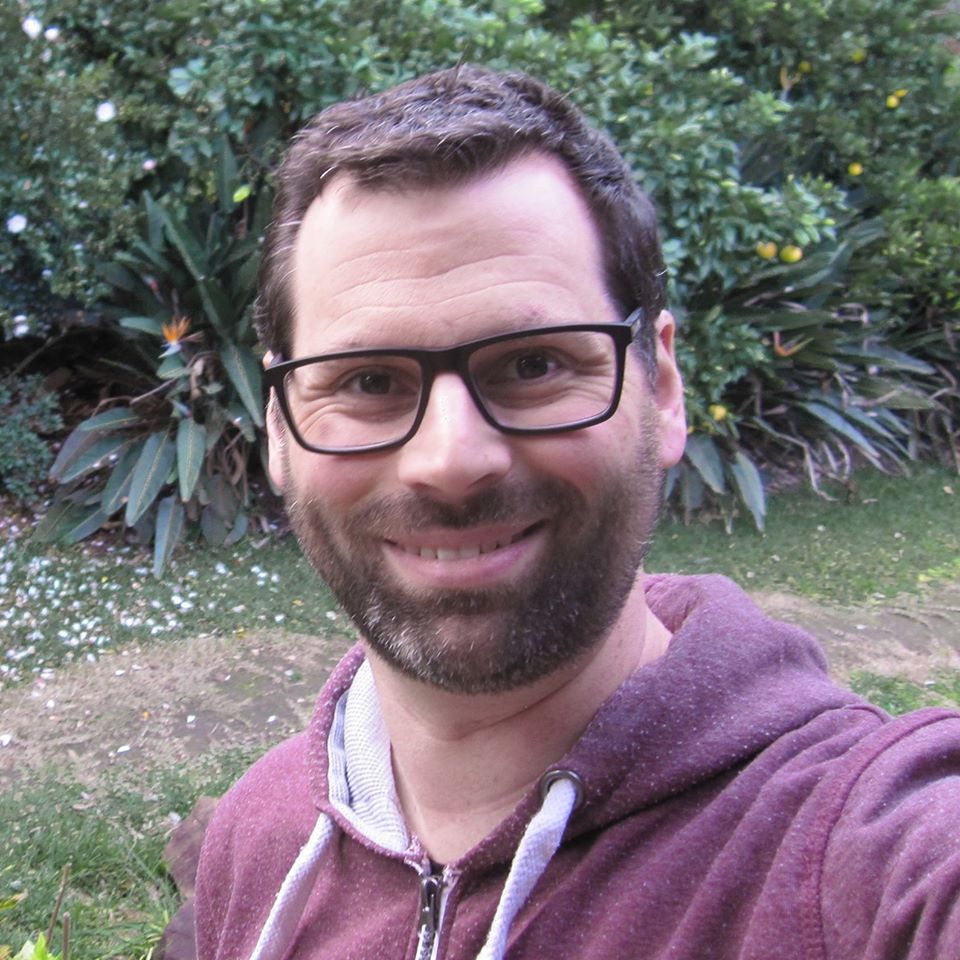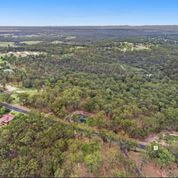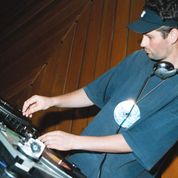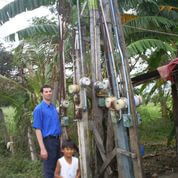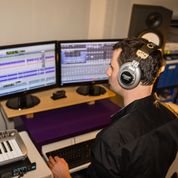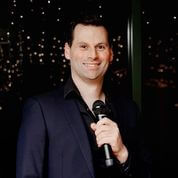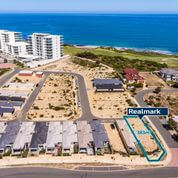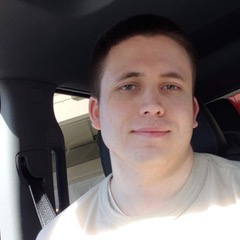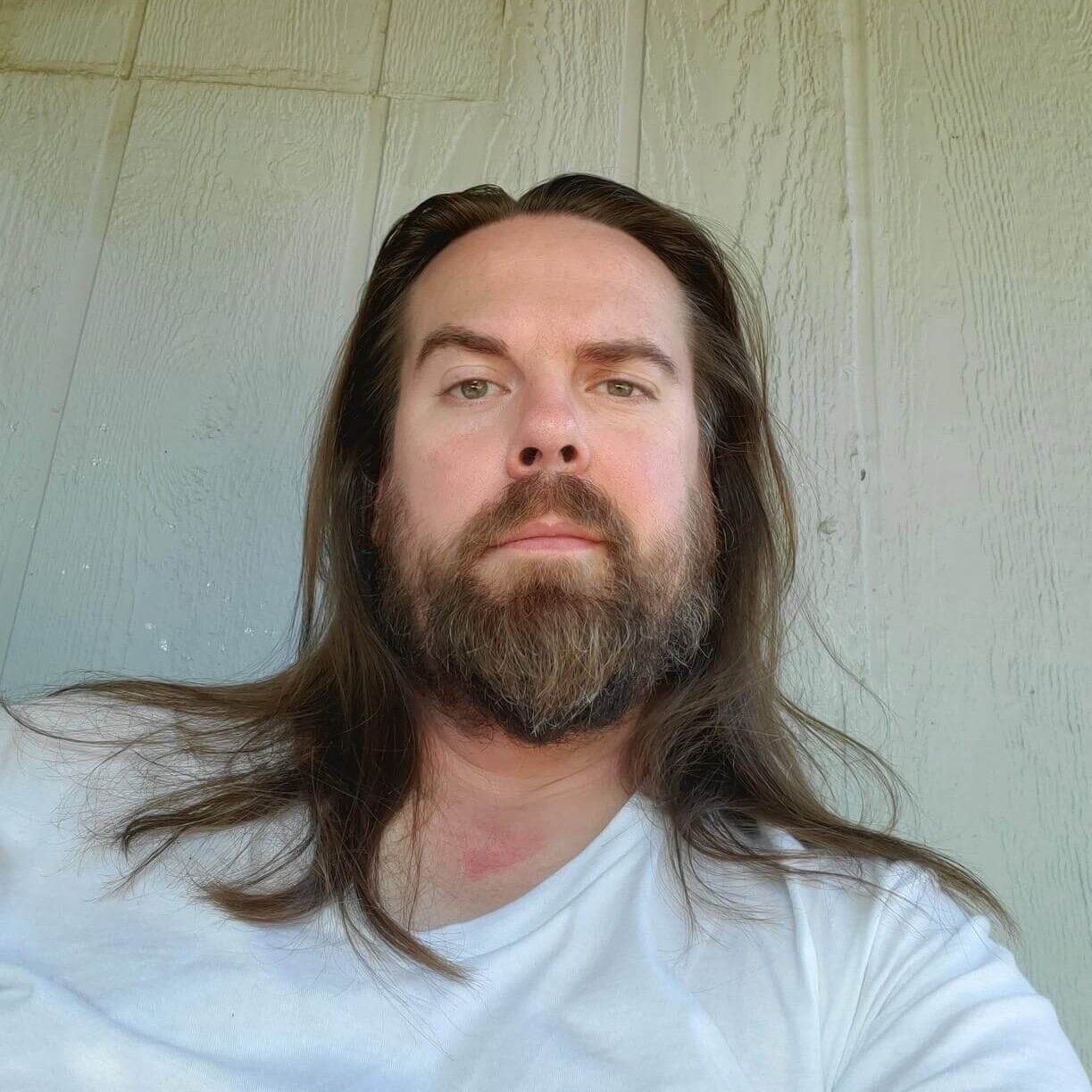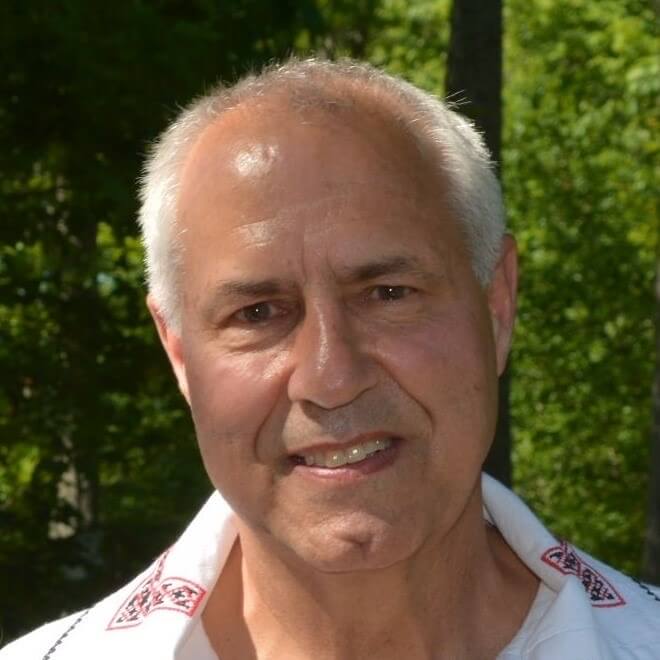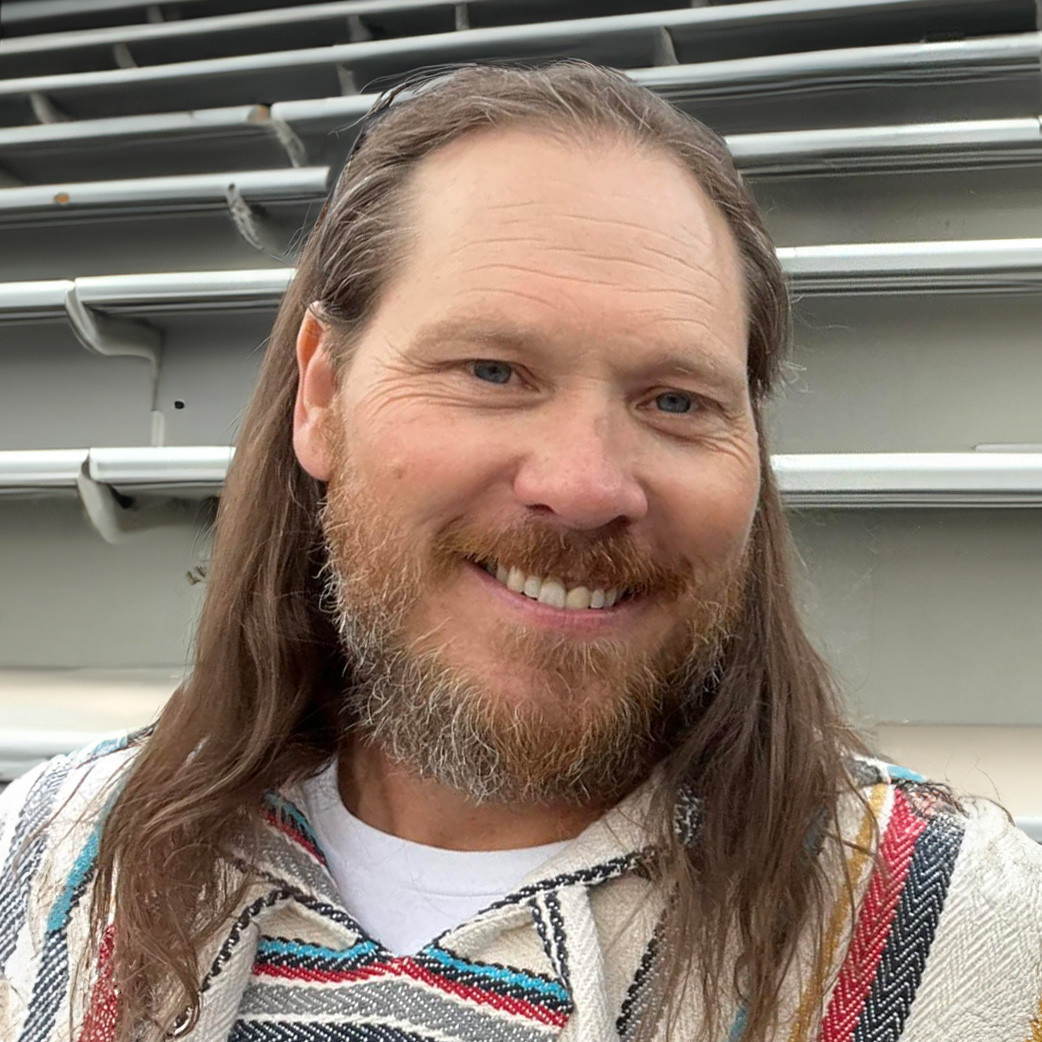My name is James Rietdijk (pronounced “Read-ache”).
I would like to share some of the defining experiences in my life that led me to become passionate about ending poverty in this world and also excepting that the Humanity Party’s solutions are the only ones that will work.
(I hope to eventually add to this story an explanation of how the MWAW has also impacted me, but this will likely require telling my life story twice, so I think the below will be enough for now…)
I was born in Sydney, Australia on 3 November 1981.
At age 1, my parents bought 5 acres of cheap bushland on a dirt road, in a remote region, 1.5 hours north-west of Sydney. And I have spent the rest of my life, trying to find a way to leave.
The region is beautiful and the country life is wonderful life for those who choose it. But had I had a choice, I would never have chosen to live in such an isolated place where there are no shops, no post office, no entertainment of any kind, no jobs and no public transport. For the first 20 years that I lived there, this place did not appear on any roadmap.
As a child, my weekends were often spent riding a pushbike round and round in circles for hours on end, on the front driveway of the local bush fire brigade shed. That was the only small piece of pavement anywhere in the region.
As a teenager, I always thought I would love to learn to ride a skateboard as well, but since there was no footpaths anywhere around, this was not possible.
In Australia, we have a saying that perfectly describes where I grew up. The saying is “out woop woop”. Which means “the middle of nowhere”.
As a child, any time I was with my parents in their car and I saw a road I had not seen before, I would always ask them where I would get to if I followed it. They used to joke that I was “planning my escape”. Little did they know, they were right.
However, despite many attempts to move away, including having lived overseas at certain times, financial reasons always brought me back.
As I write this, I am currently 39 years old, and still living with my parents, on the same isolated block of bush land.
One big positive I can say about my upbringing is that my parents always provided me with the basic necessities of life. As a child, I never had to worry about where my food was going to come from. Which I believe is better than what my parents had growing up.
My father was an immigrant from the Netherlands. The oldest of 8 siblings who grew up in Europe right after it had been ravaged by World War II. He came to Australia to fill a need for electricians.
My mother was also one of 8 siblings whose parents migrated to Australia from England and Romania to escape World War II. My Romanian grandfather died when my mother was only 10 years old so she and some of her siblings spent part of their childhood in an orphanage.
I expect it was due to these humble backgrounds that caused my parents to be very careful with their money when I was growing up, buying land where it was cheap and making sure to pay off their home loan as early as possible to avoid paying unnecessary interest, which meant spending very little on anything else.
For example, we never had new or trendy clothes. All of my clothes were third hand. Passed from families with older kids onto my older brother, and eventually on to me. We never ate fast food or any unhealthy food in general (unless it was to celebrate a birthday or Christmas).
When the kids at school had conversations about the latest movies they had seen, or computer games or toys they liked, my brothers and I were never able to join in those conversations. Our weekends were spent playing in the bush, having swords fights with sticks or throwing rocks into ponds. Consequently, I had a reputation at school for being poor. Especially in high school, because I received a scholarship to attend a private school and would often be bullied and teased because of my old clothes and lack of money. So there definitely were times when I felt like I was poor, but at the same time, I knew I really wasn’t compared to others in the world.
The first time I ever realised that destitute poverty exists in this world was when I was around 5 years old. An advertisement came on television about a charity that was tackling starvation in Africa. And I saw on the television an African child, about the same age as myself, who was deathly malnourished. Just skin and bone.
I was confused at how this could be allowed to happen. I asked my mum why she doesn’t give her money to help that child. And she told me that she could not give her money to give that child what he needs to live, because she needs to use her money to give me what I need to live.
That answer really bothered me. I didn’t want that child to starve to death. But I also didn’t want to go without what I need to live either.
For decades after that, I struggled with guilt, feeling that my existence was causing other people to die. I thought people were starving because they couldn’t eat the food that I was eating.
It wasn’t until I was in my early 20s, that I realised that I should not feel guilty for enjoying the privileges and opportunities that being Australian afforded me, but that I should support the idea that everyone in the world should have the same. And I vowed that once I had become financially independent enough that I could live without being a burden on my parents, I would do everything I could to help end poverty in this world.
However, the goal of becoming financially independent proved much more difficult than I expected. I was fortunate to have a free education, however my struggle stems from the fact that all of my natural talents and abilities are in creative mediums such as music, art and theatre which are notoriously low paid at best, but when coupled with the fact that I live in a rural area where there are few people and no creative industry at all, it made it even harder.
The first step was to gain the ability to leave. Before I was legally old enough to work, I started mowing grass and doing yard work once a month for a disabled lady from church who paid me $20 for the afternoon.
When I was 15, I was offered a job at a McDonald’s in one of the nearby towns. I literally thought I was making bank because I was getting paid $5 an hour. It only took a 4.5 hour shift to earn more than I was previously making in a month!
However, I didn’t want to be a burden on my parents who were having to drive 1 hour and 20 minutes every shift, to drop me off, drive home and then pick me up again after the shift is over. So when I was 16, I bought a $900 car from someone who lived down the road. I was not even old enough to have my full drivers license yet, but when I did, I wanted to have a car ready to go, so I could finally be free to leave whenever I wanted!
And there started a whole lot of headaches. This car was 21 years old and would break down very regularly. Always something different. And the mechanics at that time charged over $50 an hour to fix it plus the cost of parts. And all of a sudden, my earning $5 per hour didn’t seem so great anymore. I spent the majority of my McDonald’s income maintaining the vehicle that I needed to get myself to McDonald’s.
Consequently, I would try to fix my car myself whenever I thought I could. But, I was never gifted in that area.
One time it took me an entire day to replace one brake pad. Then I gave up and took it to the mechanic who informed me that I had put the front brake pad on the rear wheel.
Another time, I changed the water pump, but accidentally put the hoses on the wrong way, so the water was being pumped around the engine without going through the radiator. And even after several days of driving an overheating car, I never realised that I had caused the problem myself.
The brakes failed on that vehicle twice. The first time it sent me hurtling through a flooded creek that was flowing over the road and I was very lucky to survive.
The second time, the gas leaked out of the brakes because the weather was so hot. And I had to wait 3 hours in 42°C heat for a tow truck to take my car to a mechanic. I paid a mechanic $500 to fix the brakes, after which he forgot to screw 4 of the 5 wheel nuts back on. So the next day I drove the car, the wheel came off which caused the crossmember to crack, and the cost to fix that was more than the car was worth. The mechanic denied any wrongdoing and I was forced to buy another old car which wasn’t any more reliable than the first.
After I finished high school, I attended a community college, where I studied to become a social worker, specialising in youth work. I couldn’t see any way to go straight from high school into working in the music industry like I really wanted, so I thought I would do a job that “helps people”.
Studying social work, gave me a greater awareness of many of the struggles faced by Australians who were poorer and/or more disadvantaged than myself. And it lead to a couple of jobs. One was a casual job helping run a youth drop-in centre in Western Sydney and the other was a part-time job providing recreational activities for teenagers stranded in isolated towns, similar to my own.
However, I did not feel that the social work industry was really providing the best solutions. Some of the teenagers that attended the drop-in centre were homeless, but at no point was anything being done by anybody to actually provide them with permanent accommodation. When the drop-in centre closes, if they haven’t found a friend to stay with, they were left to sleep on the street.
I also quickly realised that social work was not an industry that would be able to provide me with a sustainable living either. After studying two years full-time to get my qualification, I was only earning $2 per hour more than I was getting a McDonald’s. (Even the highest pay rate that one receives after many years of social work experience does not pay another to be able to take out a home loan.) And both of those jobs ended up finishing anyway.
After becoming unemployed for 3 months (and finding that unemployed people can actually work harder than those with jobs, because when you don’t have any income, looking for a job becomes a full-time job in itself, just with no pay or day off), I eventually realised that my best chance of becoming financially independent, would come from starting a DJ business.
I was given a grant by the Australian government, whereby they provided me with 6 weeks business training and 12 months of living expenses while I got my business up and going.
(This program has been supported by both sides of the Australian government for decades because of how successful it has been at helping unemployed people create jobs for themselves. Which is a testament to what positive things people can accomplish when they have their basic necessities, including education, provided.)
To receive such a thing in this world, is an incredible amount of privilege, and yet despite the great amount of help I had, from both my government and my parents, starting that business at age 20, is still the most difficult thing that I’ve ever done in my life.
I had $5000 saved to start with, which really was not enough. The PA speakers alone cost $2,000. Yellow Pages advertising was $1,000 per year. Public liability insurance was almost $1,000 per year. And back in 2002, DJ equipment and music was also very expensive.
The first thing I purchased towards my new business was $1,000 worth of disco lights, because they were on special at the time. I put them in the trunk of my car and as I drove home, caused a car accident which resulted in another car driving into my trunk, writing off my car and smashing all the disco lights at the same time.
So then I ended up having to start the business with a loan from my brother, which was extremely stressful because I had very little experience and no guarantee that all of my hard work and spending would actually result in any paid work.
At that time, I developed an anxiety disorder that was triggered any time I heard a mobile phone ring.
The reason for this is that I could not afford a landline for my business and had to run the business using a mobile phone. But since I lived in such a remote area, there was almost no reception.
Any time the phone rang, I had to drop what I was doing, run to grab the phone, and then run outside up to the street, where I could get one bar of signal, and then answer the phone before it rang out. This was especially difficult to do if I happen to be sitting on the toilet at the time.
One time, when I answered the phone, the signal cut out and the potential customer thought I had hung up on them. So they immediately called and booked with my competition, before I even had a chance to call them back. Which made me want to cry. My entire livelihood was dependent on crappy phone reception.
For the next few years I had very poor mental health. My mood was directly linked to the day-to-day success of my business. If I booked a couple of gigs in the same week, I could be reasonably happy. But if I had a week without booking a gig, I would become very stressed and anxious. In winter, I could easily go 3 weeks without any paid work at all.
The DJ industry at the time was extremely competitive and unfortunately as I was young, the only way I could compete was on price. Which meant that if I wanted to get any work at all, I had to charge less than I needed to pay for my own living expenses. Which was not sustainable.
Even after 3.5 years I was still spending more time promoting myself, trying to gain work, than I was actually spending doing paid work. Eventually I realised there was no way I could make a living from DJing at that time.
Then I had the opportunity to sell my DJ equipment and music and join a international Christian theatre ministry called the Covenant Players.
The Covenant Players is the longest consistently touring theatre company in the world, mostly performing in churches as well as schools, nursing homes and prisons. It started originally in California by a former Hollywood playwright and spread worldwide, however the ministry generates very little money and consequently the Australasian office, needing cheap rent, ended up in the closest town to where I lived, which is how I learned of them.
In this job, I spent the majority of the next 5.5 years travelling and experienced many lifestyles and situations that I never would have otherwise. I experienced the isolation of the most remote outback aboriginal communities in Australia. I visited cities in south-east Asia that smelt like a sewer. I visited a prison in Thailand and saw the inhumane conditions experienced by inmates, with no beds and disgusting food.
In the Philippines, I met people who lived in some of the poorest areas along the train tracks, where 14 family members would share a one room house with no toilet. I performed in a leper community and also in a cemetery. The people who worked at the cemetery , got paid so little that they could not pay their own accommodation and had to live under the shelters that were built over the wealthy people’s graves. There was no tap water in the cemetery, so they had to collect water in buckets from somewhere else and carry it back to the cemetery so they could have water to drink and wash themselves.
In Indonesia, I was homeless myself for one night, because I went for a walk and got lost and couldn’t find my way back to our host’s home. So eventually I gave up and I joined the homeless who were sleeping under a KFC veranda. This was in Jakarta and there were massive rats almost the size of cats rummaging through the garbage that got left on the streets.
During these acting years, I was only earning a little over $1,000 a year for my work. However, the banks had high interest rates at that time and the money I was paid for selling my DJ equipment, was sitting in a bank account earning me $40 a month interest, which I decided to giving to a charity to sponsor a child in Ethiopia to be provided with food, clothing and education.
However, when I was touring in Singapore as an actor, I had an experience that really made me question the validity of these type of charities…
My acting team was asked to perform at a combined church conference with approximately 5,000 people. There was a high profile guest speaker there that day… The CEO of Worldvision, one of the largest charities in the world, who was flown all the way from England, to preach a sermon on helping those in poverty.
Most people probably thought “who better to preach on that subject than the CEO of Worldvision?” But not me.
First of all, I couldn’t get over how expensive his suit looked. (I didn’t realise he was earning over $200,000 a year.) I also wondered why he lived in England, so far away from the people his charity is set up to help.
But what really grated me is that he accepted the invitation to come all the way to Singapore to preach one sermon, when the return flight would have cost approximately $2,000! Double my yearly income!
At that time, $5 could feed an Ethiopian family for a month. That $2,000 could have fed an Ethiopian family for 33 years. But this CEO thought it was a better use of $2,000 to fly to Singapore for a day.
In my mind, nothing that came out of his mouth could have made up for such a waste of money. If he had of refused to come and instead insisted that the $2,000 be used to feed people, that, to me, would have sent a much more powerful message.
And I began to wonder why someone like me who was earning just $1,000 a year and sleeping on the floor of church buildings, should give $40 a month to a charity, when these charities can so easily blow $2,000 like that? I wanted my hard earned money to be helping people worse off than myself, not paying for a CEO to live a comfortable life in England.
After travelling all over Australia, New Zealand and Southeast Asia, I was sent to the USA for 2 years. The only relevant thing I can say about the USA, is that I saw more homelessness in Portland, Oregon then I witnessed anywhere else in the world. It literally seemed like there was a homeless person with a sign asking for food at every single set of traffic lights! Which is ironic considering that the USA is the wealthiest country on earth yet the homelessness was way more apparent all there than any of the Asian countries that I had lived in, 2 or 3 of which were considered Third World.
Anyhow, long story short…
I eventually returned to my parent’s house in Australia, studied sound production for 2 years, and then received the same 12 month government grant a second time, this time to start a music studio business.
It seemed like a good idea, to build a business that utilises the skills that I had just studied, however once again, living in a remote region with very few people meant that there was not a large enough customer base to make my business viable.
By that time however we did have Internet and I managed to find a niche, editing music for professional dancers around the world, who were able to send their requirements by email. However, once the 12 months of government support were up, my business was still only earning the equivalent of a part-time job and not enough to live off.
So while running the music studio, I began working on setting up a DJ business again. By this time I was 32 years old and discovered that I was the perfect age to DJ weddings. The cost of DJ equipment and music had significantly decreased and my acting experience enabled me to make extra money being the wedding MC.
In a short time, I was working about 60 hours a week on a computer running my music studio while building and organising my new music collection for the DJ business, until I eventually developed tendinitis in both of my wrists from repetitive strain.
And it was literarily just months after this that both of my businesses boomed, and for the first time in my life I was earning enough that I could survive in Australia without depending on my parents or the government.
Unfortunately, because I had given myself repetitive strain injury in the process of getting there, I was not able to enjoy this success at all. The more customers and work I got, the more the injury got worse and worse and worse for 2 years, until eventually I had lost approximately 90% of the use of both of my hands. I could not write with a pen and needed help opening jars. Driving caused incredible pain and my computer work was even worse. I had to quit everything in my life that brought me any joy, such as playing basketball or producing music, to try to give the injury a chance to heal.
For all intents and purposes, I was disabled, and had I been officially disabled, I have been much better off, because then I could have received a living allowance from the government. But since my injury was un-diagnosable, invisible on every scan you can do, there was no way I could get any assistance. I had fallen through a crack in the system. Unable to work and unable to get help.
By age 35, I became very depressed as I considered that after so many years of training, education and hard work, I still had no hope of ever being able to make a living for myself and with my injury getting perpetually worse, my only foreseeable options were to either quit working altogether and eventually become homeless or to kill myself.
By this time, I knew about the Humanity Party’s solutions to ending poverty and had not managed to get anybody interested enough to even take a look.
Since I couldn’t see my life amounting to anything after losing the use of both hands, I was toying with the idea of travelling down to Darling Harbour in Sydney where the street performers are, setting up a Humanity Party sign, and settings myself on fire. Going out Arab Spring style.
Fortunately, I guess, I didn’t take such drastic measures as I have since managed to reverse my injury significantly. I have Christopher to thank for this, as he was the one who first explained to me that if I switched to a plant-based diet, eating only things that require sunshine and water to grow, that after 2 months of eating this way, my body will begin to heal itself. And that is exactly how long it took for the healing process to start!
That was 3 years ago, and I’m still gradually healing every day. I still can’t play basketball or pluck a guitar and will likely have the injury to some degree for the rest of my life, but I can at least now manage the workload of my DJ business and day-to-day life with the help of wrist braces and other aids.
And in those 3 years, with the help of my first reliable vehicle, I’ve had so much success with my DJ business, while living with my parents, that I even managed to save enough that I could buy a small block of land in a developing suburb on the opposite side of Australia where the prices are much lower. And have recently taken out a bank loan to build a house on it.
When I move there, I will no longer be stuck in a remote town with more trees than people! My new town has shops, restaurants and parks, foot paths, curb and guttering, sealed roads, mobile phone reception, even a beach! And plenty of people. All the things I never had growing up. And to top it all off, hardly any trees at all! (Because the entire suburb is surrounded by golf course.)
So… now that it’s looking like I am finally reaching a stage in my life where I will be able to afford to live in Australia purely off my own income, without depending anyone else, I do not intend to become complacent, as many Australians are… content that they get to live in the “lucky country”, while the rest of the world is crushed under desperate poverty.
I still have a commitment I made to myself when I was younger, that once I had what I needed to live, I would spend the rest of my life defending the rights of others to have the same.
And I believe with absolute confidence that the Humanity Party’s solutions for ending poverty are the only ones that will work. No religion can do it. No charity can do it. No philanthropist can do it. And no God that people have imagined to exist will do it.
I have found the Humanity Party’s solutions are unchallengeable. I believe I have publicly challenged the Humanity Party’s proposals more than anybody to date. I have studied them and questioned them from every angle and perspective I could think of and have never managed to present a good argument against them. Nor have I seen or experienced any type of poverty or inhumane conditions anywhere that I have travelled that would not be promptly fixed if the Humanity Party’s solutions were implemented.
And because of that, I will be a Humanity Party supporter for the rest of my life!
James Rietdijk
james_rietdijk@hotmail.com
Part 1 Preparing my mind to discover mwaw I feel its important for me to talk about the […]
English translation follows. Pour faire court à mon histoire, après avoir trouvé le Marvelous Work And A Wonder […]
I do not consider myself to be good at putting my feelings in writing. So it is with […]
